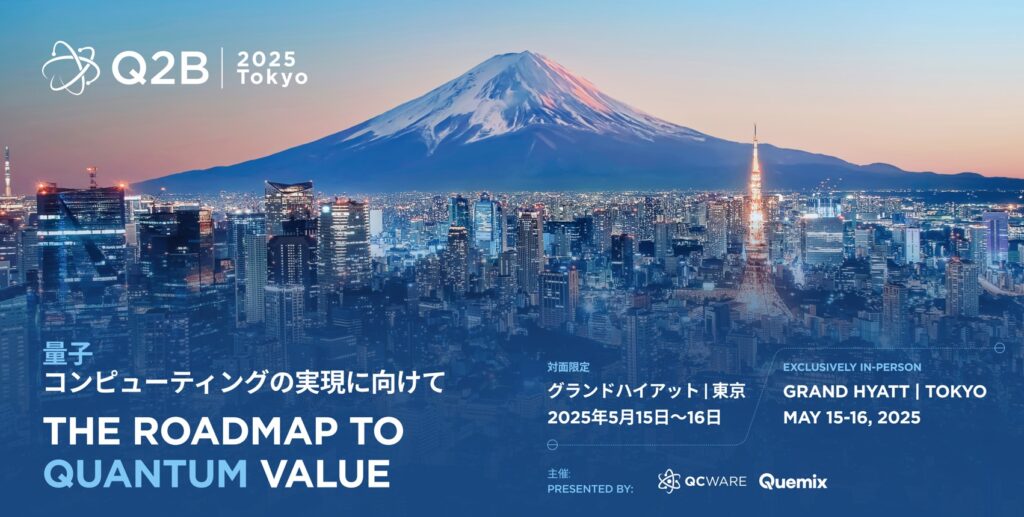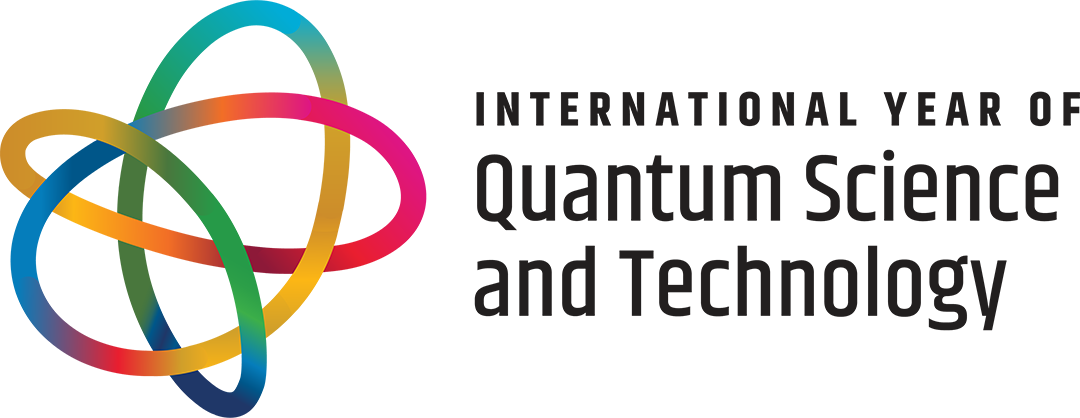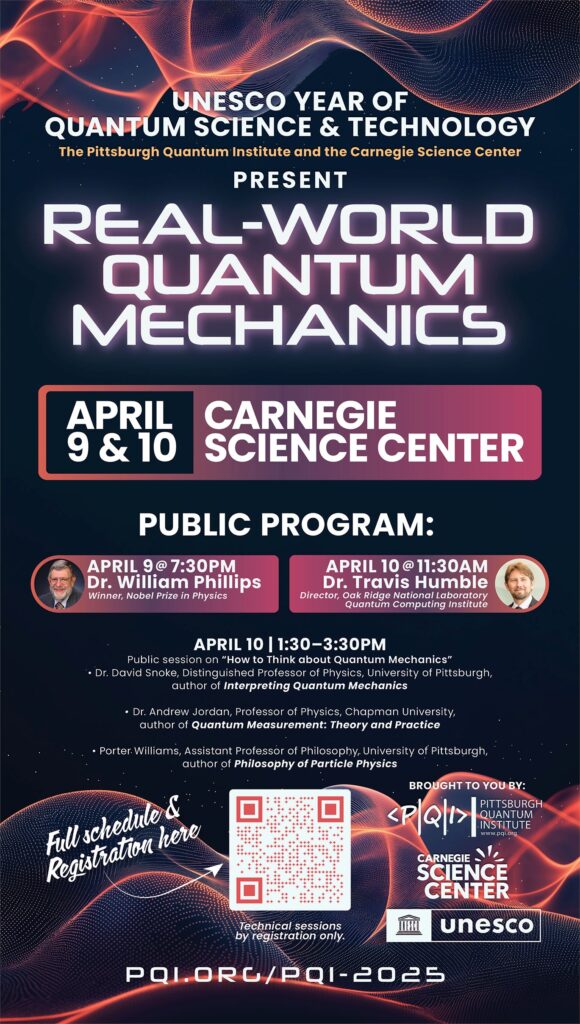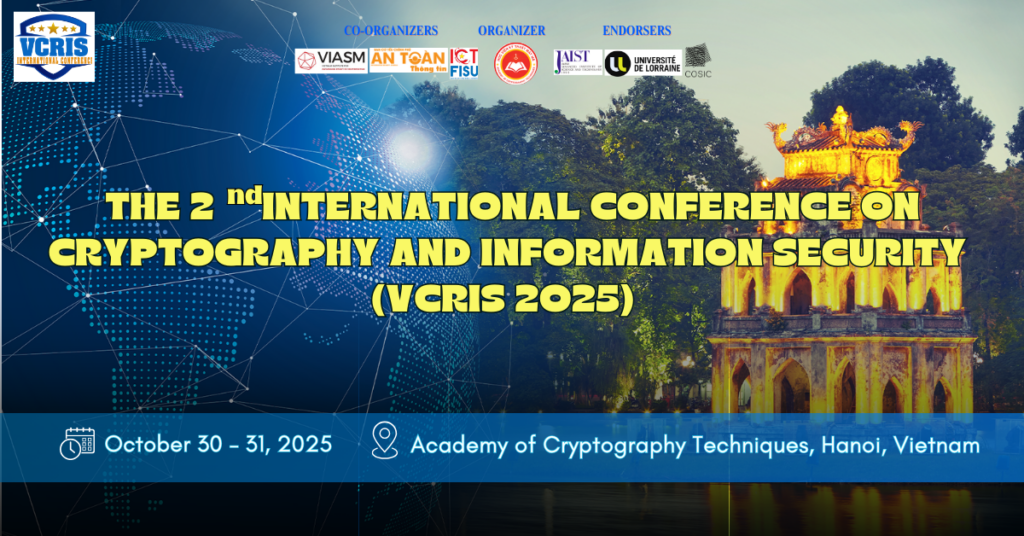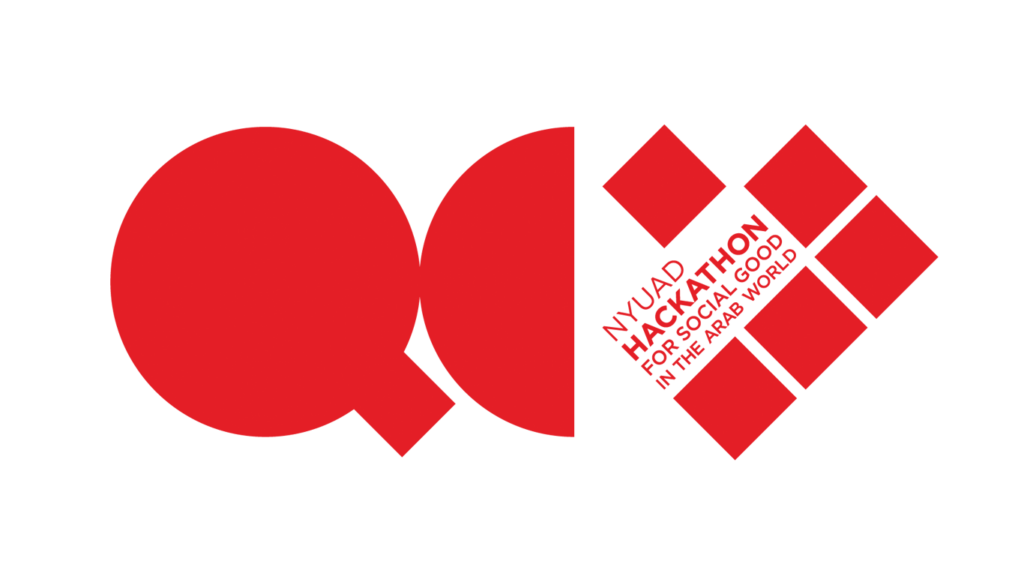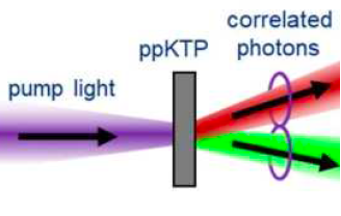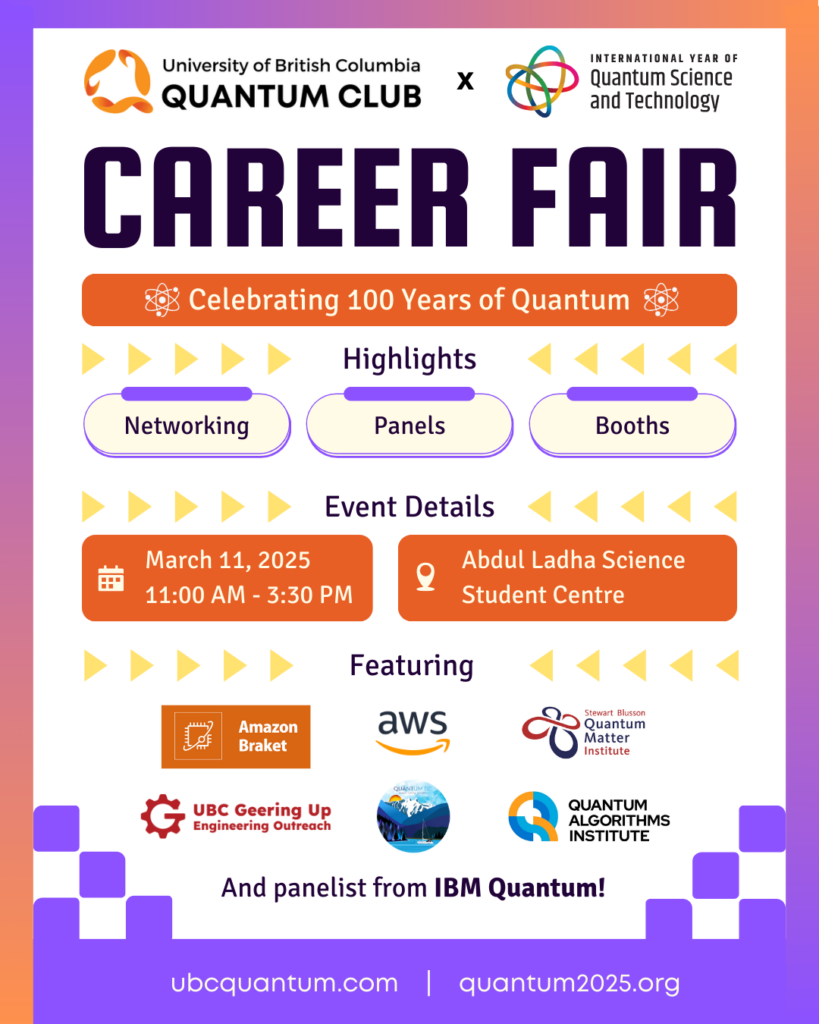Κβαντική Άνοιξη 2025 – Quantum Spring 2025 will be held at the National Technical University of Athens (NTUA), celebrating the International Year of Quantum Science and Technology
When?
March 2025
Poster Competition: “Quantum Science and Technology”
March 17, 2025 – 14:30
Lecture: “The History of the Strange Quantum World of Low Temperatures”
Speaker: Prof. Kostas Gavroglou (Emeritus Professor of History of Science, NKUA)
March 26, 2025 – Symposium: “Quantum Science and Technology at NTUA”
📍 Event Hall, NTUA
Program
14:30 | Opening Remarks
15:00 | Quantum Mechanics at the School of Applied Mathematics and Physical Sciences (SEMFE). Speaker: Prof. A. Kyritsis, Dean of SEMFE
15:20 | From the Atom to the Universe: The Quantum Revolution. Speaker: Prof. A. Kehagias, SEMFE
16:00 | Coffee Break ☕
16:30 | Quantum Computing Technologies at the School of Electrical and Computer Engineering (ECE-NTUA). Speaker: Prof. A. Pagourtzis
17:10 | Quantum Technologies: Benefits and Challenges. Speaker: Dr. P. Dimitrakis, Research Director, Institute of Nanoscience & Nanotechnology (NCSR Demokritos)
17:50 | Presentation of the Quantum Computing Laboratory at SEMFE. Speaker: Dr. I. Theodonis, NTUA
18:10 | Visit to the Quantum Computing Laboratory at SEMFE
April 2, 2025 – 14:30
Lecture: “The Enigmatic Behavior of Electrons in Twisted 2D Materials”
Speaker: Prof. Efthymios Kaxiras (Harvard University)
April 30, 2025 – 15:00
Lecture: “Quantum Communication Networks”
Speaker: Dr. Eleni Diamanti (CNRS, Sorbonne University, Paris Centre for Quantum Technologies)
May 14, 2025 – 15:00
Lecture: “Quantum Mechanics and the Phenomenon of Life: Reflections on Schrödinger”
Speaker: Prof. Stefanos Trachanas (University of Crete, Institute of Technology and Research)
This series of events aims to highlight cutting-edge research in quantum science and its applications! 🚀
